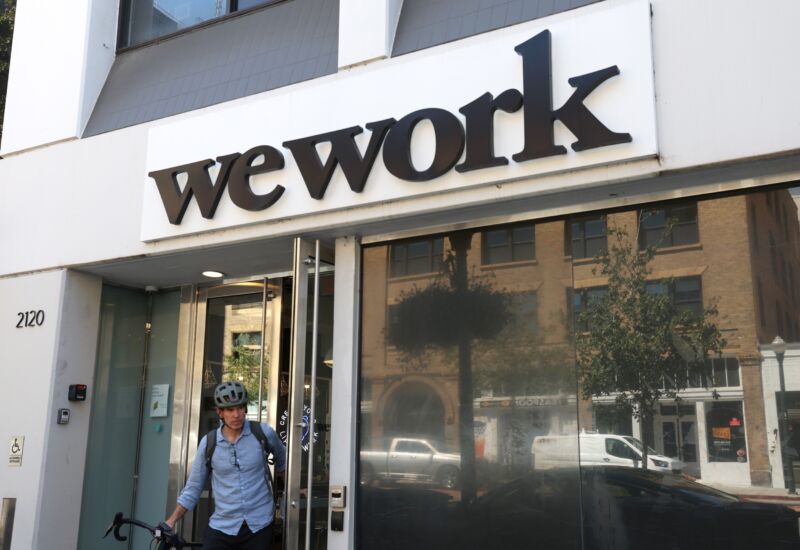
WeWork, previously mired in financial distress, successfully exited from Chapter 11 bankruptcy this Tuesday, June 11, bringing in John Santora, a seasoned commercial real estate expert, as its new CEO, replacing David Tolley who had led the company through its recent financial restructuring.
What Drove WeWork into Bankruptcy?
The company’s path to bankruptcy was precipitated by a combination of prolonged vacancies driven by the COVID-19 pandemic, a general economic slump, and a sharp downturn in tech valuations.
Filing for bankruptcy in November, WeWork reported having liabilities of $18.65 billion against assets valued at $15.06 billion. This financial turbulence follows a failed initial public offering in 2019, which led to significant restructuring efforts.
John Santora, the newly appointed CEO, comes from a long tenure at Cushman & Wakefield, where he recently served as the Tri-State Chairman. His experience spans over 40 years in the commercial real estate industry. Santora is stepping into a role that has seen considerable turnover, becoming the fourth permanent CEO in just five years. This leadership change was announced more than a week past WeWork’s initially targeted exit date from bankruptcy, which had been set for May 31.
WeWork’s Restructuring Strategy
During David Tolley’s tenure as CEO, beginning as interim in May 2023 and becoming permanent in October, WeWork undertook substantial operational adjustments. The company renegotiated terms for over 190 leases and exited more than 170 locations deemed unprofitable. These strategic moves significantly reduced WeWork’s annual rent and tenancy expenses by more than $800 million. Additionally, the company successfully secured $400 million of additional equity capital to bolster its financial standing.
As part of the restructuring, WeWork also announced a reformed board that includes new figures such as Anant Yardi, CEO of property management software company Yardi Systems. The company now maintains a global footprint of about 45 million square feet across 600 locations in 37 countries, indicating a scaled-back yet substantial presence in the market.
Founded in 2010 by Adam Neumann and Miguel McKelvey, WeWork initially experienced years of rapid growth and massive financing rounds. Adam Neumann was ousted from his leadership role shortly after the problematic IPO prospectus in 2019. Following his departure, WeWork eventually entered the public market in 2021 through a special purpose acquisition company (SPAC), though this move led to the eventual wipeout of equity holders two years later.
Related News:
Featured Image courtesy of Justin Sullivan/Getty Images
